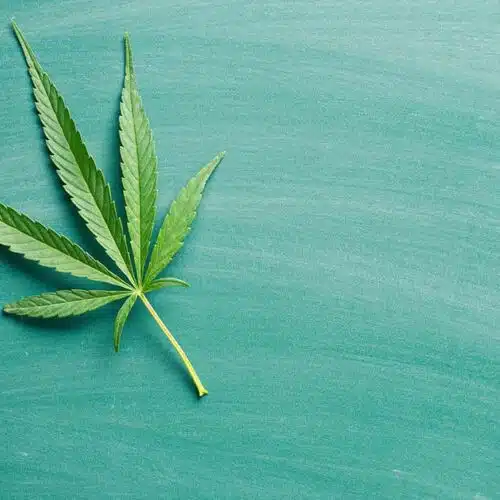In 2013, 60% of overdose deaths in the United States were attributed to prescription painkillers. According to the Center for Disease Control, this totaled approximately 16,000 individuals nationwide that lost their lives to fatal interactions with legal pharmaceuticals.
The pharmaceutical overdose conversation changes dramatically when medical marijuana is introduced.
The RAND Corporation and the University of California-Irvine teamed up to decipher potential correlations between opioid mortality/abuse and states that provided safe access to medical marijuana. The study Do Medical Marijuana Laws Reduce Addictions and Deaths Related to Pain Killers? measured opioid overdoses in states with no medical marijuana, states with medical marijuana but no dispensaries, and states with medical marijuana and dispensaries to provide access to the medicine.
In the states were medical marijuana had been legalized but retail storefronts were prohibited, fatal overdoses from opioids remained on par with states that hadn’t legalized medical marijuana. However, in states that legalized medicinal use opened dispensaries, a 16% reduction of opioid overdoses was documented. Not to mention a 28% reduction in opioid abuse admissions for treatment.
The study also found there was no less distribution of the opioids in the medical marijuana friendly states, just fewer individuals fatally overdosing. Here, pharmaceutical access remained but naturopathic options emerged, ultimately saving lives.
While stereotypes of pill-poppers and stoners abound, the importance of safe access and the actuality of the interactions with these substances remains a significant public health concern. There has never been a documented overdose from marijuana and its medicinal benefits continue to emerge, yet it remains a Schedule I substance in the eyes of the government—classified without medical benefit and high potential for abuse. Commonly prescribed opioids including hydrocodone, methadone, morphine and oxycodone remain as Schedule II, despite their often toxic and dangerous side effects, and very high abuse rates.
As the United States continues to face the deleterious effects of pharmaceutical abuse, trading a pill for a plant presents not only newfound treatment options, but hope for ceasing an epidemic of prescription abuse and overdose.


